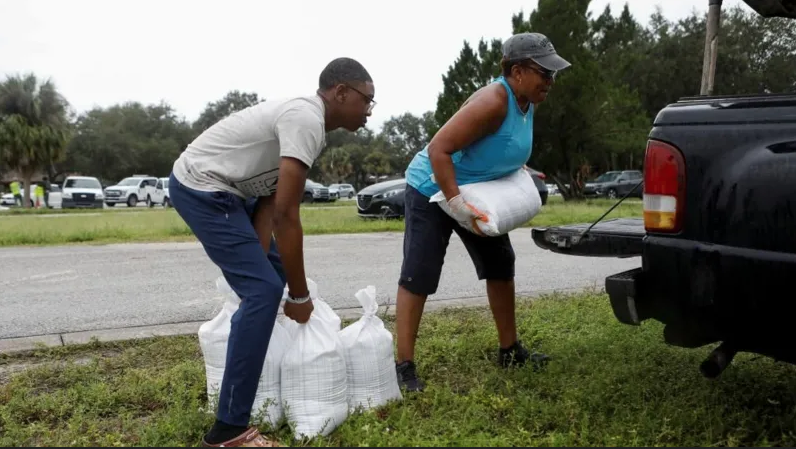Road fatalities reduced to 4% over four years
Written by on July 10, 2024
The deputy prime minister and minister of works and transport, John Mutorwa, says road fatalities have drastically reduced over the past four years.
He says the number of fatalities in proportion to the number of crashes have reduced from 18% in 2019 to 14% in 2023.
The fatalities are said to have been on a downward trend, recording a 30% reduction from 609 in 2019 to 423 in 2023.
Mutorwa said this at the 9th annual road safety conference held at Ongwediva on Wednesday.
“The fatalities per 10 000 vehicles have also been reduced by 32% from 15,2% in 2019 to 10,3% in 2023. Injuries per 100 000 population on the other hand, have also reduced by 59% from 250,5% in 2019 to 101,5% in 2023.
“As a nation and as stakeholders in this sub-sector, we need to measure and improve where necessary,” he said.
He added that the utilisation of motor vehicles enables mobility and promotes socio-economic progression on a global scale.
“However, on an annual basis, motor vehicles are implicated in crashes and incidents that results in millions of fatalities and injuries. According to the World Health Organisation, low and middle income countries, which account for about 60% of the world’s motor vehicles, are responsible for 93% of road deaths globally,” said Mutorwa.
He said road safety, being multi-sectoral in nature, must be tackled by all stakeholders from the government, private sector and civil society.
“Besides signing the cooperation agreements, there is need for all executing agencies to show more ownership of the assigned roles and responsibilities. The execution of the annual plan to be crafted at this conference requires the commitment and dedication of all stakeholders and executing agencies,” said Mutorwa.
Mutorwa said over the past 34 years, many strategies have been developed across all public enterprises and government departments, but not all of these have seen the required implementation, and strategy execution gap is one of the key problems Namibia is experiencing.
“To ensure that Namibian road safety efforts are in line with international best practices, continuous research and benchmarks are necessary for building a proper body of knowledge for the sub-sector. Policies, regulations and laws must be aligned to current trends for them to be effective,” he said.
National Road Safety Council (NRSC) chairman Eliphas !Owos-Oab says the adoption of international practices endorsed by the United Nations has inspired Namibia to craft it’s road safety strategy along global imperatives.
“The first Decade of Action (2011 to 2020) presented challenges as it was not well communicated, understood and accepted by all key stakeholders. It became apparent that the social output indicators of the said strategy were poorly defined, baselines inaccurate and targets unrealistic,” he says.
He says the conference seeks to strengthen performance monitoring and evaluation to enhance pillar-based performance management.
“Towards the end of last year, the NRSC initiated the procurement of an electronic balance scorecard to document the implementation of the strategy. The pillar committee members received training during November 2022 and are now expected to provide feedback within the frame of the balanced scorecard,” he says.
The post Road fatalities reduced to 4% over four years appeared first on The Namibian.


